Women playing key role in economic development

Shawdesh Desk:
Bangladesh has seen enviable success in economic development where women have a large contribution. Women in the labour force have been at the forefront of Bangladesh’s successful economic growth.
Despite many hurdles, the status of women in Bangladesh has improved in many ways over the last 47 years.
The country’s economic transformation has largely been driven by social changes, initiated by women empowerment, providing a rare example of a neoliberal development model under which social progress has far outstripped economic growth, according to economic analysts.
“Women’s economic participation and their ownership and control of productive assets speed up development, help overcome poverty, reduce inequalities, and improve children’s nutrition, health, and school attendance,” said Mustafa K Mujeri, former director-general at Bangladesh Institute of Development Studies BIDS.
Women are more likely to devote more of their earnings back into their families and communities than their male counterparts, feeding money back into their local communities, he added.
The creation of a large microfinance system focused on women—a subject of much study and emulation around the world—has also changed the economic position of women, observes the Asian Development Bank (ADB).
Importantly, women’s labour force participation, based on the International Labour Organization (ILO) definitions of economic activity, increased significantly over the last few years.
The RMG sector has been at the forefront of industrial development in Bangladesh and is estimated to employ some 4 million people. Most estimates suggest that between 80 per cent and 90 per cent of these workers are women.
Of the almost 8 million businesses in Bangladesh, 99.93 per cent are cottage or micro, small and medium enterprises (MSMEs) – and 7.2 per cent of businesses are owned by women, according to a 2016 study by the International Finance Corporation (IFC).
Besides, 94,800 of more than 1.3 retail million micro-merchants in Bangladesh were women in 2018, suggests another survey.
In a decade, the country’s women’s labour force participation rate gradually rose to 36.42 in 2020 which was 30.34 per cent in 2011. The rate rose to over 35 per cent from 2017 and maintained the level and gradually has increased.
The size of the female labour force stood at 20 million in 2017 from 19.1 million in 2016 whereas it was 17.2 million in 2010, suggest the state labour force survey.
Participation in the formal economy is an important vehicle for women’s economic empowerment and for raising the status of women and promoting gender equality.
Informally employment rate among women slipped drastically from 95.4 per cent in 2016 to 91.8 per cent in 2017, according to a BBS survey.
The most important quantitative change for women employment was a huge fall in women’s agriculture-related employment.
“In recent decades, Bangladesh has made substantial progress in narrowing down gender inequality that paved the way towards achieving SDGs, particularly SDG5: Achieve gender equality and empower all women and girls, according to Fahmida Khatun, CPD’s executive director.
Ranking 50th among 153 countries in the Global Gender Gap Report 2020, Bangladesh managed to curb gender disparities in various areas.
Recent evidence shows that the prevalence rates of female entrepreneurship tend to rise in developing countries like Bangladesh due to the fact that women face higher barriers to entry into the formal labour market and have to resort to entrepreneurship as a way out of unemployment and, often, out of poverty.
Economic analysts say still there is a large room for further development of the economic activity of the country’s women, which will be ultimately translated to GDP growth.
In terms of quality, women are mostly involved in low-paid and low-productivity activities and still, 91.8 per cent of the employed women labour force in 2017 were engaged in the informal economy.
Bangladesh should undertake the required policy steps for accounting for women’s unpaid labour to uphold the SDG commitment to “leave no one behind, suggest Dr Fahmida.


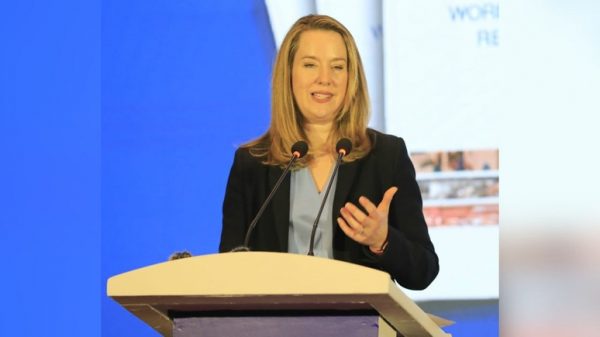
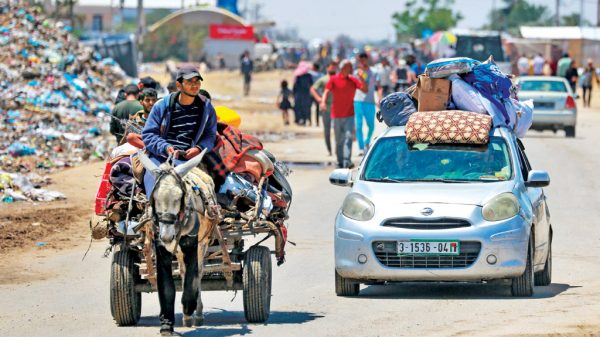


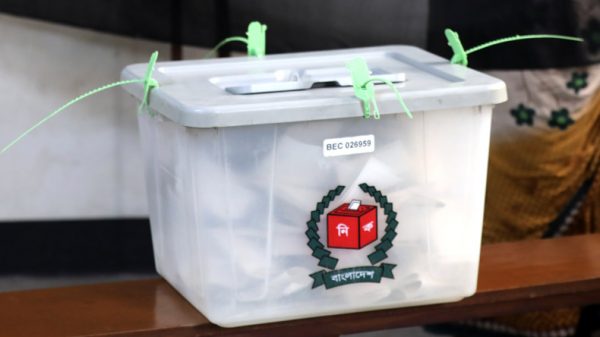


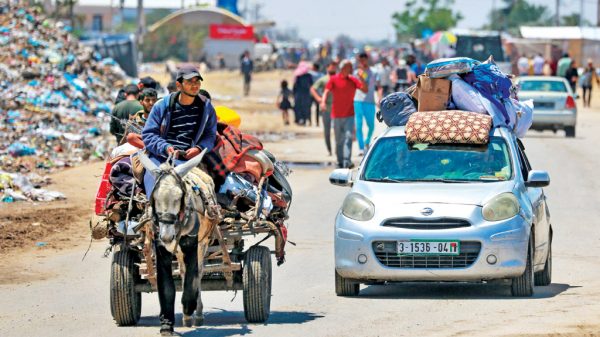
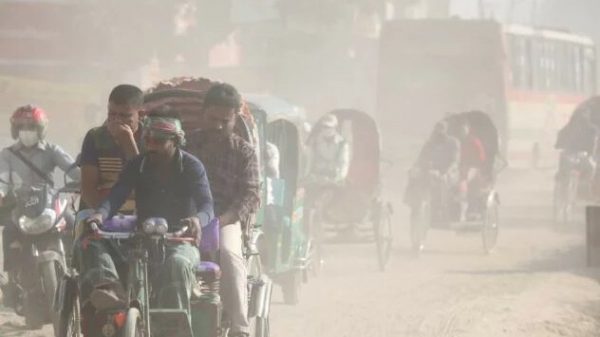












Leave a Reply